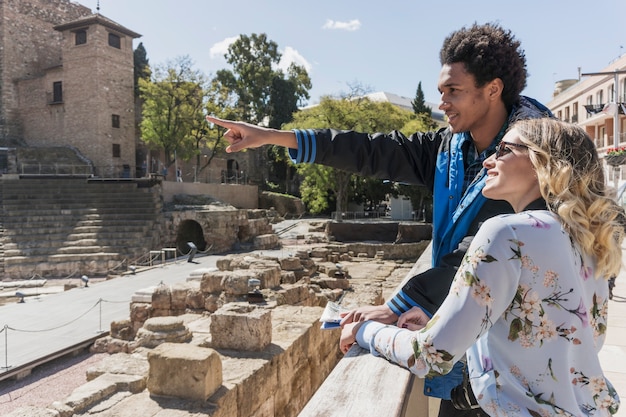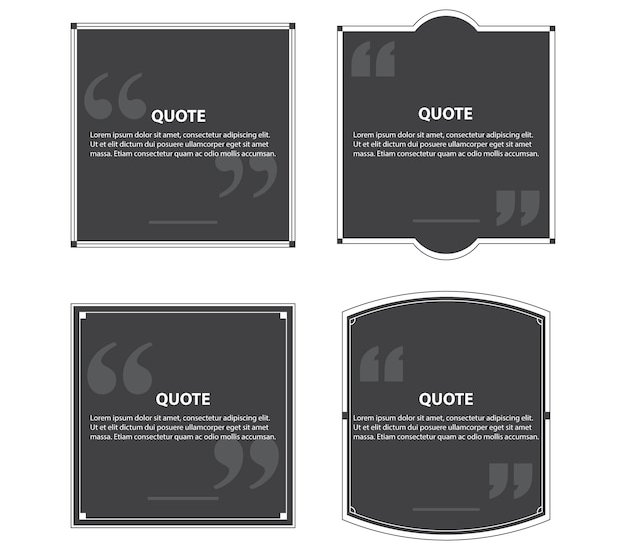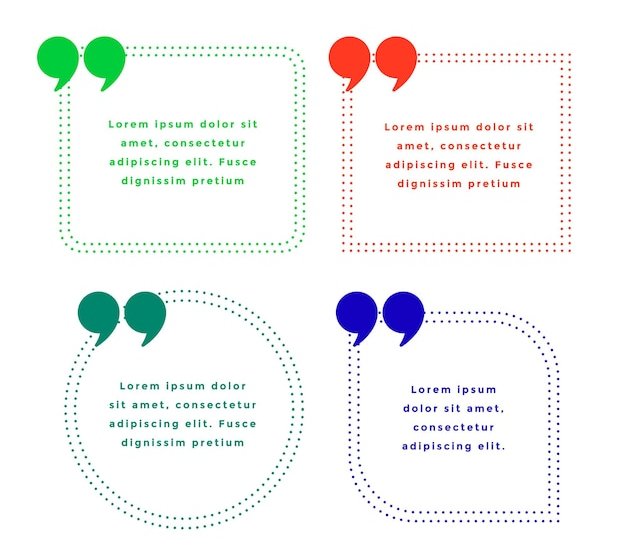Fascinating Facts about Lebanon

Lebanon is known as the Paris of the Middle East due to its vibrant and cosmopolitan atmosphere.
Baalbek, a UNESCO World Heritage site in Lebanon, is home to some of the largest Roman temple ruins in the world.
The Cedars of Lebanon, ancient trees mentioned in the Bible, have become a symbol of the country’s resilience.
Lebanon has the highest concentration of religious diversity in the Middle East, with various sects peacefully coexisting.
Lebanese cuisine is renowned worldwide for its delicious mezze, such as hummus, tabbouleh, and falafel.
The famous Lebanese singer Fairuz has been a beloved icon for over six decades, with her music uniting the Lebanese people.
Lebanon has a rich history of winemaking dating back thousands of years, producing exceptional wines.
Beirut, the capital of Lebanon, has been ranked as one of the top party cities in the world.
Lebanon is the only country in the Middle East without a desert, offering diverse landscapes from snowy mountains to coastal beaches.
Lebanese people are known for their warmth and hospitality, often going above and beyond to make visitors feel welcome.
Lebanese fashion designers have gained international recognition, with their unique aesthetic blending East and West.
Lebanon has one of the most liberal and progressive societies in the Arab world, particularly regarding women’s rights.
The Jeita Grotto, a series of interconnected caves in Lebanon, is considered one of the world’s most beautiful natural wonders.
Fascinating Facts about Lebanon part 2
The National Museum of Beirut houses an extensive collection of artifacts, including treasures from ancient Phoenicia.
Lebanon is home to the largest ski resort in the Middle East, Mzaar Kfardebian, attracting winter sports enthusiasts from around the region.
Lebanese filmmakers have made their mark in the world of cinema, tackling political and social issues through critically acclaimed movies.
Lebanon has a vibrant nightlife scene, with clubs and bars hosting renowned DJs and live music performances.
Lebanese women have played a significant role in promoting gender equality and breaking stereotypes in the Arab world.
Lebanon is the smallest country in the Middle East, but its impact on regional politics and culture is immense.
Lebanese dialect, a unique branch of Arabic, has a distinct accent and vocabulary that sets it apart from other dialects in the Arab world.
The Lebanese love their coffee, and traditional coffeehouses called kahwehs are cherished gathering places for socializing and conversation.
Lebanon boasts a blend of ancient ruins, modern architecture, and picturesque landscapes, providing a dynamic backdrop for photography enthusiasts.
The Lebanese diaspora is spread worldwide, with Lebanese communities thriving in countries like Brazil, Canada, Australia, and the United States.
Lebanese calligraphy is a form of artistic expression that combines Arabic script with colorful designs, reflecting the country’s cultural heritage.
Lebanon has a unique festival culture, with events celebrating everything from music and film to food and traditions.
The Temple of Jupiter in Lebanon has one of the tallest single-stone columns ever carved by ancient civilizations.
Lebanese intellectuals have made significant contributions to literature, philosophy, and science throughout history.
The Lebanese Civil War (1975-1990) had a profound impact on the country’s social fabric, but Lebanon emerged stronger and more resilient.
Lebanon has a thriving contemporary art scene, with numerous galleries showcasing works by talented Lebanese and international artists.
Lebanese soap operas, known as moussalsalat, are widely watched across the Arab world and have gained popularity globally.
The annual Al Bustan International Festival in Lebanon hosts world-class performances of opera, classical music, and dance.
Lebanon has a unique system of communal coexistence, with political power distributed among the country’s religious sects.
The Lebanese flag features a cedar tree in the center, symbolizing strength, longevity, and prosperity.
Lebanon has a high literacy rate, with education being highly valued in society and numerous prestigious universities.
Lebanese architecture blends historical influences from Arab, Ottoman, and French styles, resulting in beautiful structures across the country.
The Lebanese love to dance, and traditional folk dances like the Dabke unite people during festivities and celebrations.
Lebanon has a diverse range of flora and fauna, with over 2,600 species of plants and around 400 bird species.
Lebanese cuisine is not only delicious but also healthy, with an abundance of fresh vegetables, olive oil, and lean meats.
The Byblos archaeological site in Lebanon is one of the oldest continuously inhabited cities in the world, dating back over 7,000 years.
Lebanese pop music, also known as Lebanese pop, blends Western and Arabic influences, making it catchy and widely popular.
Lebanon is a hub for fashion and beauty, with renowned designers, models, and beauty entrepreneurs emerging from the country.
The Lebanese flag is the only national flag in the world that features a non-quadrilateral shape, with its distinctive horizontal red, white, and green stripes.
Lebanon’s mountains provide excellent opportunities for hiking and outdoor activities, offering breathtaking views and hidden gems.
Lebanese cuisine is a fusion of various culinary traditions, representing the influences of Phoenician, Roman, Ottoman, and French cuisines.
Despite its small size, Lebanon has produced a disproportionate number of talented individuals in various fields, showcasing the country’s resilience, creativity, and determination. I hope you find these statements creative and informative!

